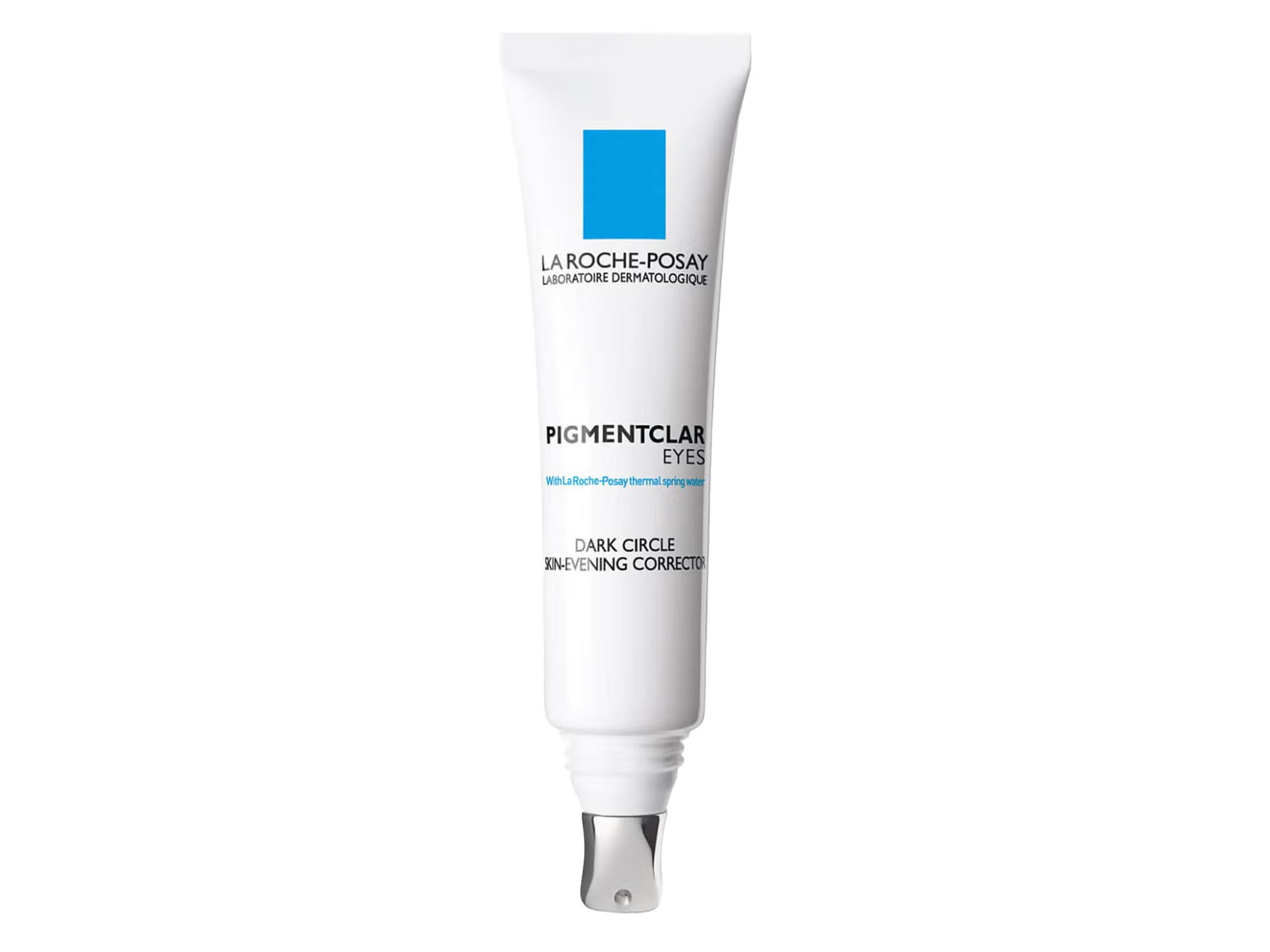Everything you need to know about eye cream, according to a dermatologist
Consultant dermatologist Dr Anjali Mahto has the complete lowdown

Your support helps us to tell the story
From reproductive rights to climate change to Big Tech, The Independent is on the ground when the story is developing. Whether it's investigating the financials of Elon Musk's pro-Trump PAC or producing our latest documentary, 'The A Word', which shines a light on the American women fighting for reproductive rights, we know how important it is to parse out the facts from the messaging.
At such a critical moment in US history, we need reporters on the ground. Your donation allows us to keep sending journalists to speak to both sides of the story.
The Independent is trusted by Americans across the entire political spectrum. And unlike many other quality news outlets, we choose not to lock Americans out of our reporting and analysis with paywalls. We believe quality journalism should be available to everyone, paid for by those who can afford it.
Your support makes all the difference.If you’ve ever wondered if your skincare routine needs an eye cream, we’ve got all your burning questions covered. The necessity of eye creams is a common debate among skincare enthusiasts and there’s plenty to unpack. To help us dive deep into this topic, we’ve enlisted the expertise of Dr Anjali Mahto, consultant dermatologist at Self London, who has all the details you need.
While we’ve put many to the test in our review of the best eye creams to combat dark circles, puffiness and wrinkles, it’s never too late to go back to basics and learn the ins and outs of this skincare product, and how to get the best out of your daily beauty regime.
Whether you’ve been wondering how eye creams work and when to apply them, or you’re keen to know the top-rated, tried and tested products recommended by our shopping experts, we’ve created a handy guide to keep you as informed as possible.
What do eye creams do?
Put simply, they’re specifically designed to treat the skin around the eyes which is more delicate than other areas. “If used consistently, eye creams can effectively target common skincare concerns. They aim to hydrate, reduce puffiness and some claim to diminish the appearance of fine lines and dark circles,” explains Dr Mahto.
The skin in this area is thinner and has less fatty tissue than other parts of your face, which is also why it’s one of the first places to present signs of ageing, whether that’s fine lines or wrinkles.
When should you apply eye cream?
According to Dr Mahto, eye cream should be applied after cleansing, toning, and applying any serums or treatments, but before sunscreen during the day.
“A small rice-sized amount per eye is typically sufficient. Gently dab the cream around the orbital bone using your ring finger, starting from the inner corner and moving outward. Avoid applying the cream too close to the lash line as this can sometimes cause irritation,” she explains.
Her top tip is to be gentle, avoiding pulling or stretching the skin. “Consistency is key if you are going to use one - apply eye cream daily for optimal results,” she adds.
What ingredients in eye creams can address dullness and dryness?
Many eye creams contain a cocktail of hardworking ingredients to tackle issues such as dryness, dark circles, puffiness and sallowness, but there’s a handful that Dr Mahto suggests keeping an eye out for.
For dullness and fine lines, she recommends hyaluronic acid, which attracts and retains moisture to help plump and hydrate the skin. She is also a fan of glycerin and vitamin C. “Glycerin is a humectant that draws moisture into the skin, helps maintain hydration levels and improves skin texture, while as an antioxidant, vitamin C brightens, evens out skin tone and can boost collagen production for firmer, more radiant skin,” she says.

Another multitasker is niacinamide which Dr Mahto says works to strengthen the skin barrier and reduce inflammation. Ceramides are also a reliable go-to as they reinforce the skin barrier, preventing moisture loss and restoring hydration levels, making them ideal for addressing dryness.
If you have sensitive skin, what should you avoid in an eye cream?
Anyone with sensitive skin will know how difficult it can be to find skincare products that don’t irritate your complexion, and Dr Mahto advises to be extra cautious when it comes to eye creams.
“Look out for fragrance, whether synthetic or natural, as it can be irritating to sensitive eyes. Look for fragrance-free where possible,” she says. “Essential oils such as citrus oils or mint can be irritating and alcohol-based ingredients can be drying and irritating to sensitive skin, leading to redness and discomfort”.
What are the best eye creams?
Our team of experts at IndyBest have already put a wide range of eye creams to the test, and our number one find was the La Roche-Posay pigmentclar eyes (£31, Lookfantastic.com). It was closely followed by the No7 protect and perfect intense advanced eye cream (£17.95, Boots.com), along with the CeraVe reparative eye cream (£14.50, Lookfantastic.com)
Voucher codes
For the latest offers on skincare, make-up and more, try the links below:
Looking for more eye cream recommendations? Read our guide to the best eye creams to combat dark circles, puffiness and wrinkles